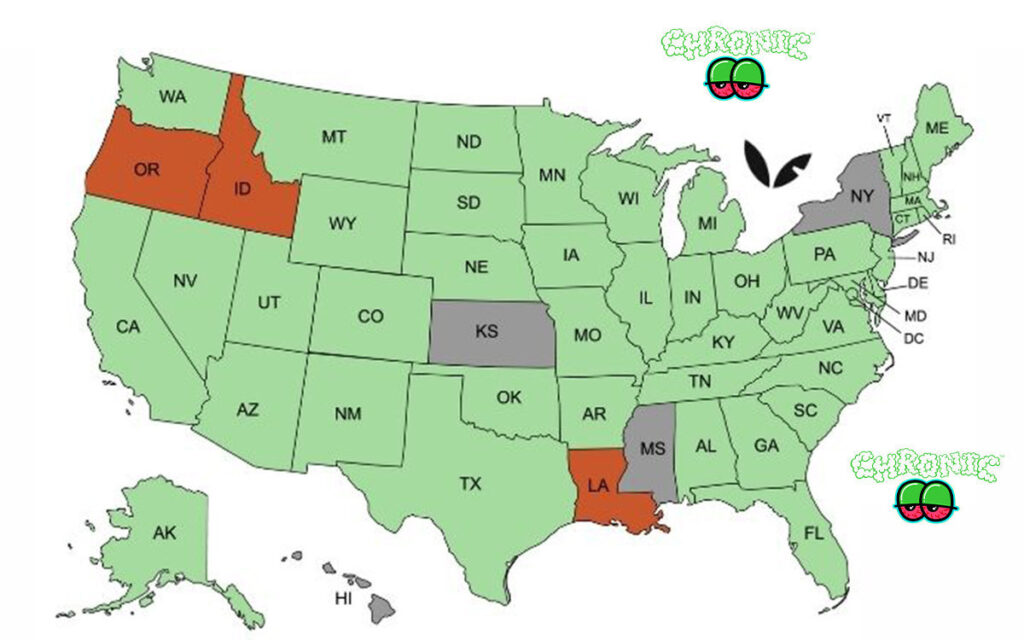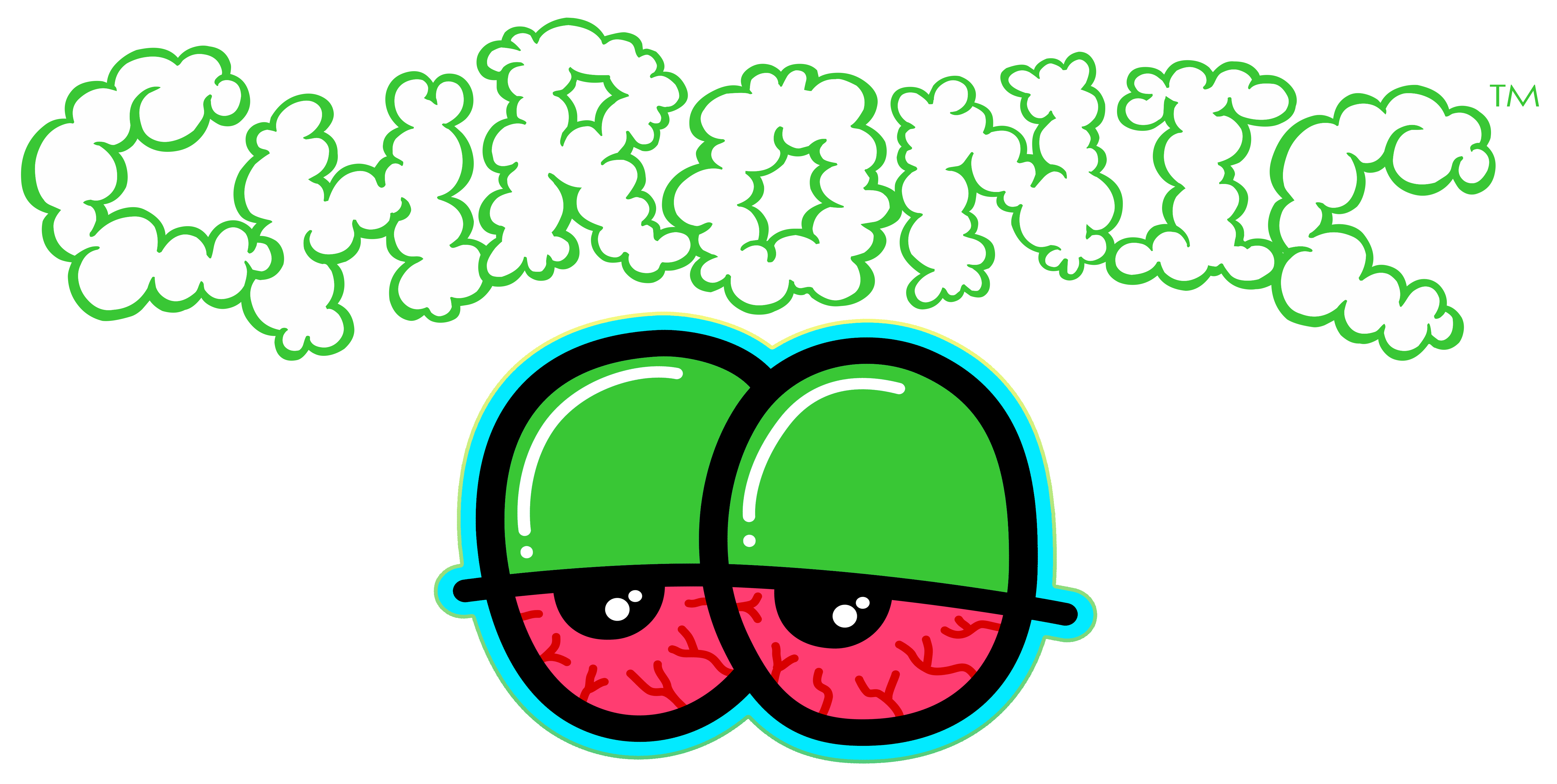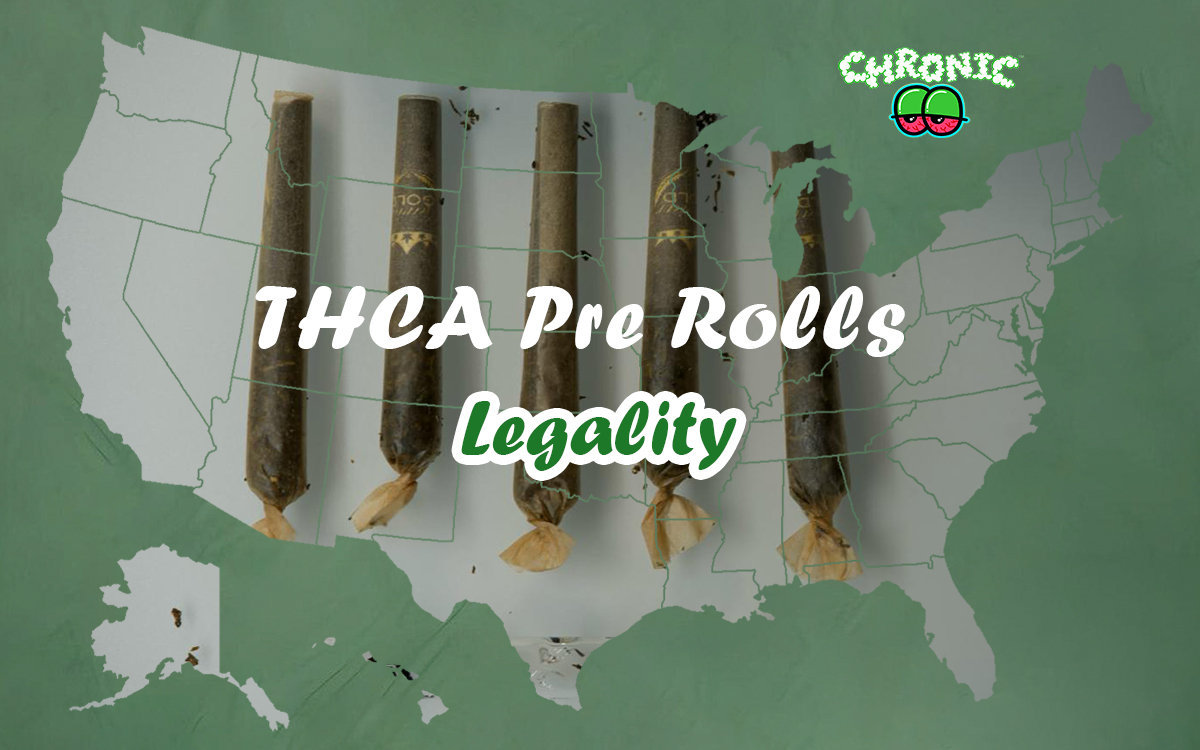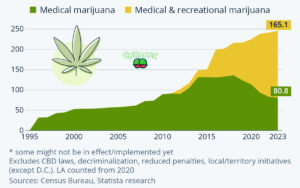Below we have discuses THCA Pre Rolls Legality State by State, so before knowing that, first we need to understand what is THCA Pre Rolls are exactly. So, THCA pre rolls are joints ready for smoking that are already made out of cannabis hence no need for the users to grind, roll, and pack their own. They ease the user from the hustle of grinding, rolling and packing by themselves.
Generally, a pre-roll consists of ground marijuana flower enclosed within a paper cone fitted with a filter tip on one end. There are various sizes, potencies and strains of pre-rolls available for different users’ tastes and preferences.
From a consumer perspective, pre-rolls are easy to handle and carry, and they are economically efficient for instance for dispensaries. Others contain oils ingested into the paper roll for more strength.
Highly regarded in the market, pre-rolls underscore the basic demand of any cannabis user – quick and easy consumption and, more importantly, no extra utensils or preparations needed for those who wish to smoke.
THCA Pre Rolls Legality State by State Guide
The following is a more accessible and an easier table showing the legality of THCA pre rolls in all the states in the United States. THCA (Tetrahydrocannabinol acid) is the parent cannabinoid of THC, the effects of which are only realized after heating (decarboxylation).
Also Consider: Is Delta-8 THC legal? State by State Guide
Due to this reason, THCA products tend to straddle the fence when it comes to legal issues and are likely to be used in those places that allow sale of hemp products which have less than 0.3% Delta-9 THC concentration.
But these laws differ remarkably, therefore it is necessary to bear in mind that this, as well as a lot of other information, is subject to changes from time to time. Below is a general overview:
| State | Legal Status |
| Alabama | Likely Legal (under hemp laws, <0.3% Delta-9 THC) |
| Alaska | Illegal (only licensed marijuana allowed) |
| Arizona | Gray Area (regulated; check local laws) |
| Arkansas | Likely Legal (if under hemp regulations) |
| California | Legal (regulated within cannabis laws) |
| Colorado | Legal (regulated under marijuana laws) |
| Connecticut | Likely Legal (under hemp laws, <0.3% Delta-9 THC) |
| Delaware | Likely Illegal (strict regulations on hemp extracts) |
| Florida | Likely Legal (under hemp laws, <0.3% Delta-9 THC) |
| Georgia | Likely Legal (under hemp laws, <0.3% Delta-9 THC) |
| Hawaii | Likely Legal (if under hemp laws) |
| Idaho | Illegal (strict anti-THC laws) |
| Illinois | Legal (under cannabis laws) |
| Indiana | Likely Legal (strict hemp laws, <0.3% Delta-9 THC) |
| Iowa | Likely Illegal (strict on THC derivatives) |
| Kansas | Likely Illegal (THC illegal even in small amounts) |
| Kentucky | Likely Legal (hemp laws, <0.3% Delta-9 THC) |
| Louisiana | Gray Area (THCA legality not well defined) |
| Maine | Legal (under recreational cannabis laws) |
| Maryland | Legal (regulated under cannabis laws) |
| Massachusetts | Legal (under cannabis laws) |
| Michigan | Legal (under cannabis laws) |
| Minnesota | Legal (under hemp and cannabis laws) |
| Mississippi | Likely Illegal (strict THC derivative laws) |
| Missouri | Likely Legal (hemp laws, <0.3% Delta-9 THC) |
| Montana | Legal (regulated under cannabis laws) |
| Nebraska | Likely Illegal (strict anti-THC laws) |
| Nevada | Legal (under cannabis laws) |
| New Hampshire | Likely Legal (under hemp laws, <0.3% Delta-9 THC) |
| New Jersey | Legal (under cannabis laws) |
| New Mexico | Legal (under cannabis laws) |
| New York | Legal (regulated under cannabis laws) |
| North Carolina | Likely Legal (under hemp laws) |
| North Dakota | Likely Legal (under hemp laws) |
| Ohio | Likely Legal (under hemp laws, <0.3% Delta-9 THC) |
| Oklahoma | Likely Legal (under hemp laws) |
| Oregon | Legal (regulated under cannabis laws) |
| Pennsylvania | Likely Legal (under hemp laws, <0.3% Delta-9 THC) |
| Rhode Island | Legal (regulated under cannabis laws) |
| South Carolina | Legal (under hemp laws) |
| South Dakota | Legal (under hemp laws, <0.3% Delta-9 THC) |
| Tennessee | Mostly Legal (hemp laws, <0.3% Delta-9 THC) |
| Texas | Mostly Legal (hemp laws, <0.3% Delta-9 THC) |
| Utah | Mostly Illegal (strict on THC derivatives) |
| Vermont | Legal (under cannabis laws) |
| Virginia | Mostly Legal (under hemp laws, <0.3% Delta-9 THC) |
| Washington | Legal (under cannabis laws) |
| West Virginia | Mostly Legal (hemp laws, <0.3% Delta-9 THC) |
| Wisconsin | Mostly Legal (under hemp laws, <0.3% Delta-9 THC) |
| Wyoming | Mostly Illegal (strict on THC derivatives) |
This table depicts overall trends; however, the application of enforcement and regulation differs. The states which are marked as “likely legal” or “gray area” may still impose restrictions on THCA products due to their understanding of the hemp legislation and the law on psychoactive drugs.
Is THCA legal federally?
When it comes to federal legality within the borders of the United States, the position regarding THCA appears to be quite blurry. The 2018 Farm Bill states that, in general, cannabinoids such as THCA are legal when produced from hemp containing less than 0.3% on a dry weight basis THC.
The Farm Bill made it legal to grow hemp and its products, however it has its ambiguities when discussing compounds such as THCA. THCA in and of itself does not provide a high and has no significant presence of THC so its constituents fall in the gray area.
Nonetheless, since it is contained in the leaf of both the raw hemp and the raw cannabis, THCA raw materials legally compliant with the expectation of less than 0.3% total delta-9 THC can be distributed and bought on a Federal level.

If THCA is transformed into a product that can be smoked or in any other way ingested other than in its raw form (or any other manner that changes it) then that product will likely be illegal as it encompasses where THC, which is a Schedule I drug in the US, comes from.
THCA is probably legal as it is in its raw form under the federal law. However, any augmentation of new products made out of THCA infused processes made to THC substances is likely to be under tension.





Pingback: Is THCA legal in Florida? - Chronic THCA
Pingback: How to Roll a Chronic Pre-Rolls in 10 Foolproof Steps - Chronic THCA